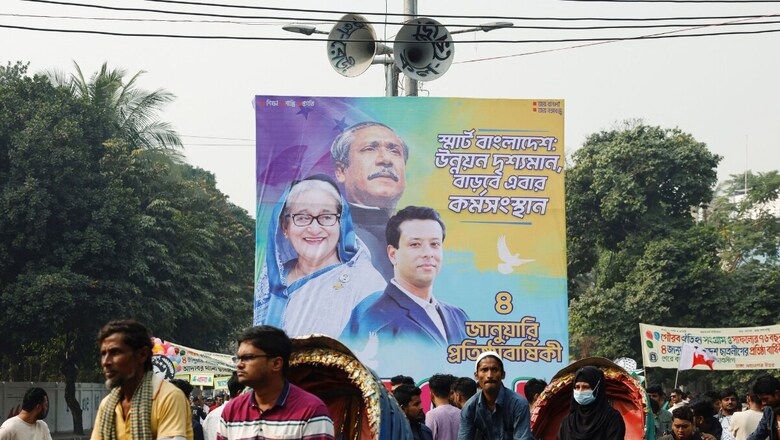
views
Bangladesh is heading to the polls on Sunday in the absence of the main Opposition BNP which on Saturday began a 48-hour nationwide strike amid fear of sporadic violence. Prime Minister Sheikh Hasina is expected to win a fourth straight term after a boycott by opposition parties whose ranks have been impacted by mass arrests.
As many as 119.6 million registered voters are eligible to vote at Sunday’s polls in more than 42,000 polling stations. More than 1,500 candidates from 27 political parties are contesting in the election besides 436 independent candidates, according to the country’s Election Commission. More than 100 foreign observers will monitor the 12th general election, which is being held under tight security. On Sunday, Sheikh Hasina cast her vote at the Dhaka City College polling center in the 12th national parliamentary polls. She was accompanied by her daughter, Saima Wazed, and sister, Sheikh Rehana.
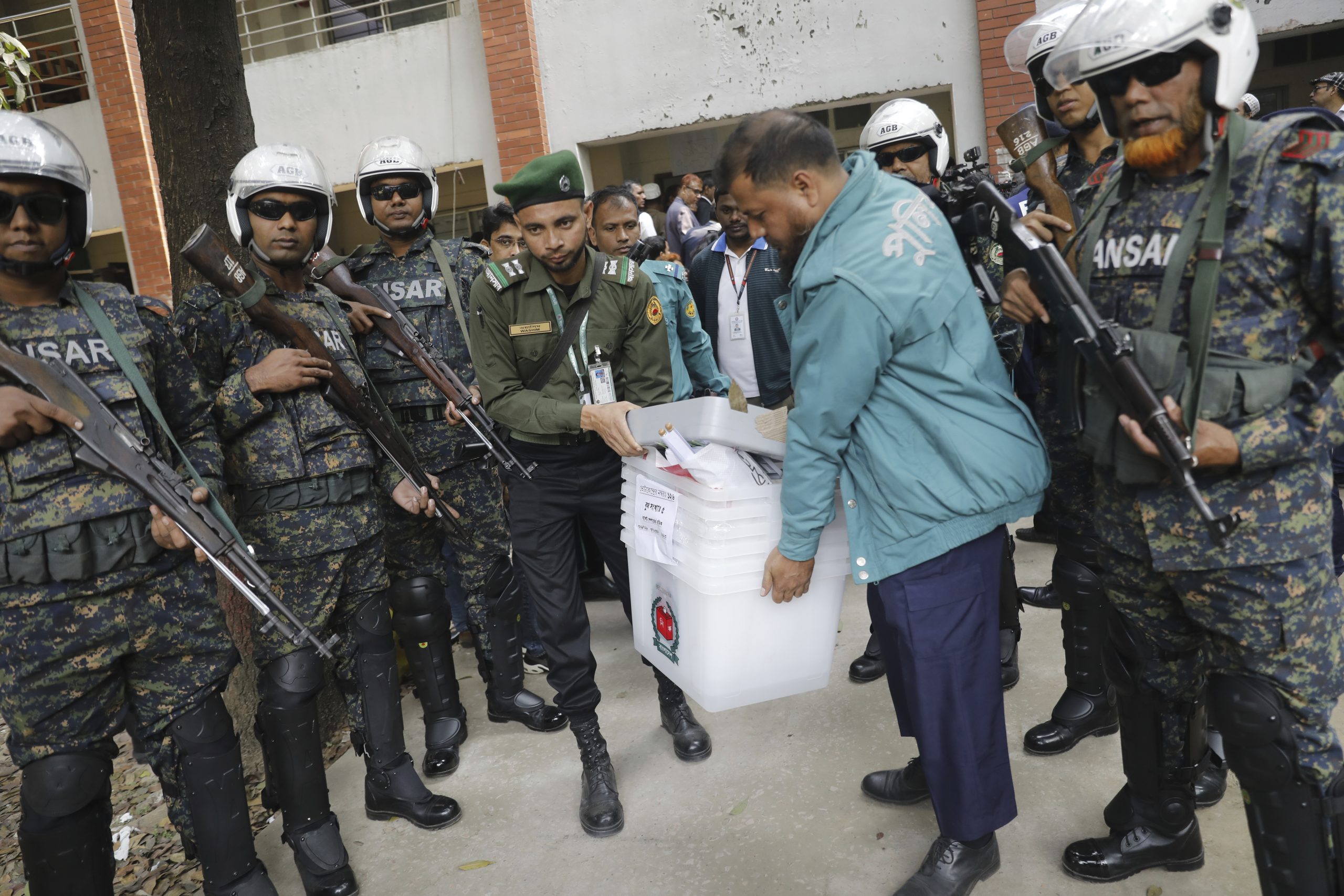
Election Chief Warns
A day earlier, Chief Election Commissioner (CEC) Kazi Habibul Awal warned that if there are any irregularities in the upcoming national polls, the election will be called off altogether. Addressing the nation on Saturday evening, he said that vote rigging, ballot snatching, money transactions, and possible use of muscle power in favour of any candidate or candidates will be strictly resisted.
“If evidence is found, their candidature will be cancelled immediately. If necessary, voting in the centre or constituency will be completely suspended,” he was quoted as saying by the Dhaka Tribune. The election commission said voting will start at 8 am and will end at 5 pm. The results are expected to start flowing from early on January 8. Prime Minister Hasina’s ruling Awami League is expected to win for a straight fourth time as the main Opposition Bangladesh Nationalist Party (BNP) of former premier Khaleda Zia, 78, who is under house arrest as a convict of graft charges, boycotted the polls.
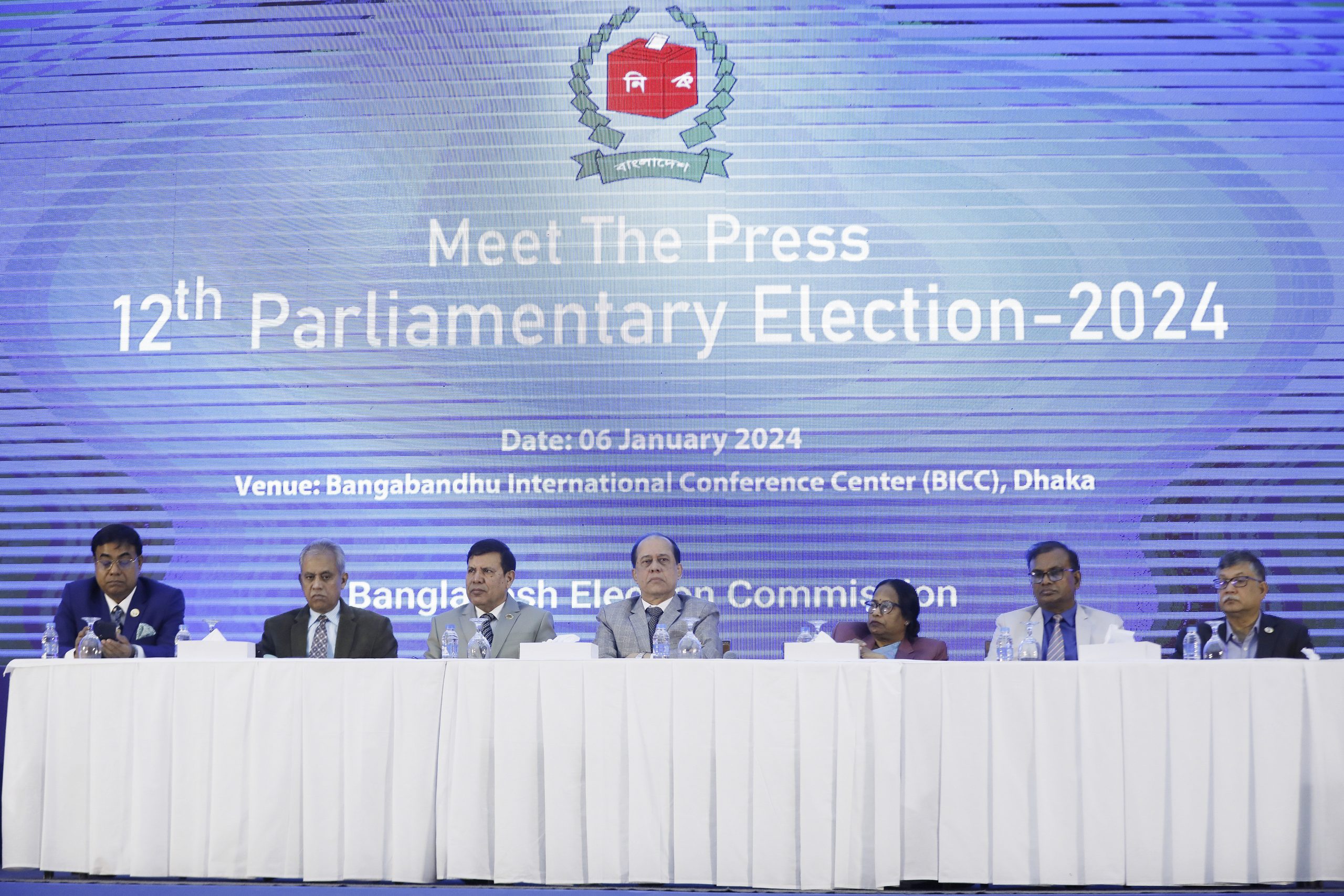
Hasina, 76, in a nationally televised address this week has urged the pro-democratic and law-abiding parties not to fuel ideas that “disrupt” the country’s constitutional process. The BNP has called for a 48-hour nationwide general strike which began at 6 am and will end at 6 am on Monday. The number of vehicles on the street is fewer compared to other days, but despite fear of arson attacks, public vehicles were plying the streets.
The 27 political parties that are contesting the elections include the opposition Jatiya Party (JAPA). The rest are members of the ruling Awami League-led coalition, which experts dub as “satellite parties.” As part of its vote boycott campaign, BNP has been calling countrywide general strikes. It has enforced intermittent transport blockades and strikes for the past three months. The party has been claiming no election under the incumbent government would be fair and credible.
Nationwide Strike
BNP spokesperson Ruhul Kabir Rizvi said the strike was aimed at pressing for their demands for “resignation of the illegal government, establishment of a non-party neutral government and release of all party leaders and activists from prison”. Ahead of the elections, Hasina’s government arrested tens of thousands of rival politicians and supporters, a move which rights groups have condemned as an attempt to paralyse the Opposition. Authorities deployed Army troops across the country two days ago ”in aid of civil administration” to maintain peace and order during the voting.
Despite the strict security arrangements, unidentified people carried homemade bomb and arson attacks in empty polling centres in four out of 64 administrative districts, while BNP activists clashed with police in another district, leaving five people wounded on Friday. At least 14 arson attacks were reported in 16 hours till 9:30 am Saturday, according to Fire Service statistics. At least four people were killed when a passenger train was torched by arsonists near Dhaka on Friday night. The BNP has demanded a UN-supervised investigation into the incident which it described as a “pre-planned” act of sabotage. Detectives said they arrested eight persons, including Dhaka south city unit BNP joint convener Nabi Ullah Nabi, for their involvement in setting fire to the Benapole Express.
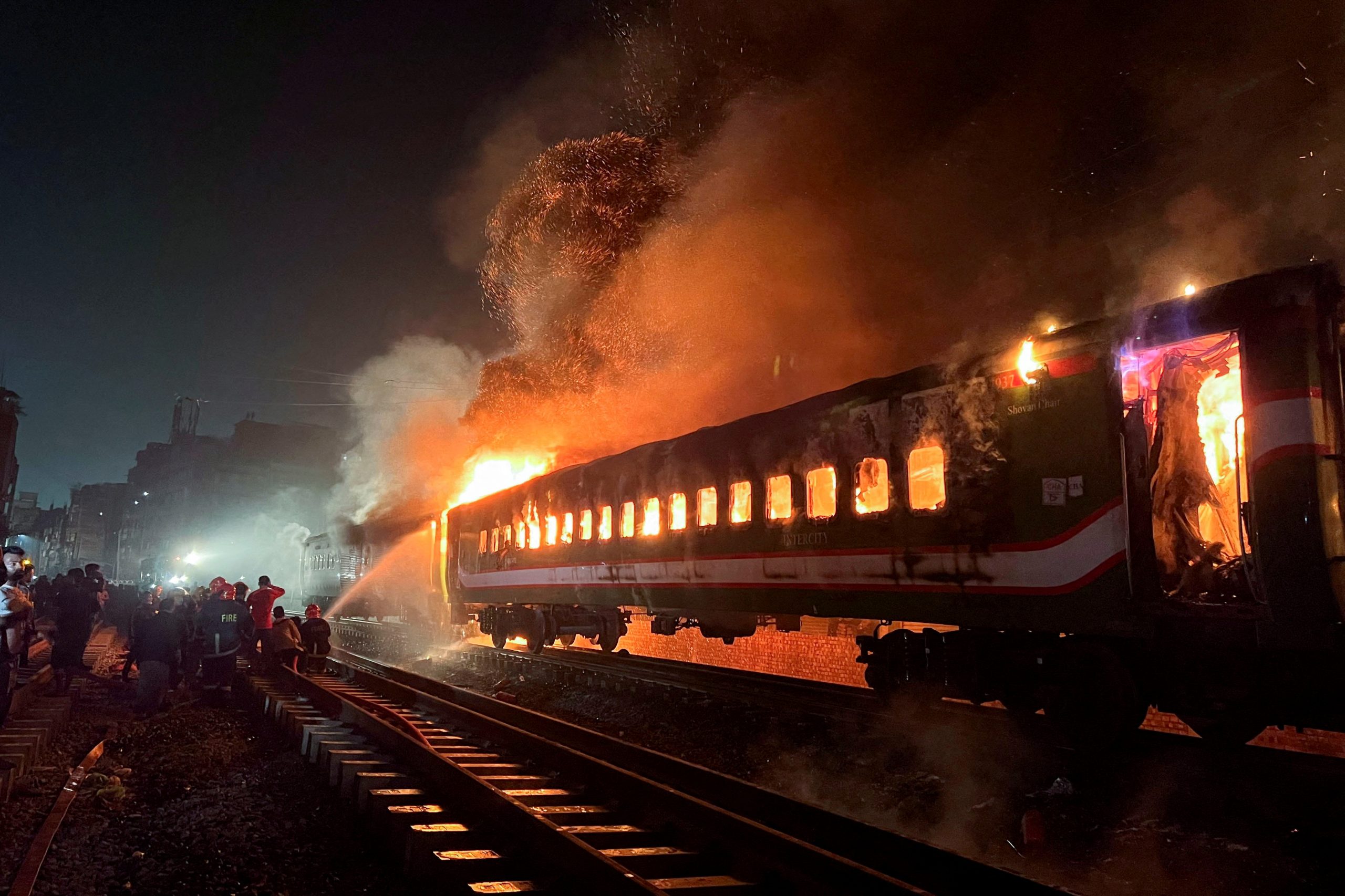
They claimed to have found involvement of the BNP and the activists of the Jubo Dal, the youth wing of the party, in last night’s attack. BNP Senior Joint Secretary General Ruhul Kabir Rizvi on Saturday said the government was playing with fire to make political gains by blaming the Opposition. “This government out and out from head to neck is corrupt… This is not a democratic government. Development cannot be there without democracy. People’s participation must be there…We are holding a peaceful movement. We never believe in violence and destroying people’s property,” Nitai Roy Chowdhury, Vice Chairman of BNP, said.
Hasina has been in power since 2009 and won the last election in December 2018, in a poll marred by deadly violence and accusations of poll rigging. The BNP boycotted the 2014 election but joined the one in 2018, which party leaders later said was a mistake, alleging the voting was marred with widespread rigging and intimidation. BNP’s boycott announcement this time, however, initially posed a challenge to Hasina on the legitimacy of the January 7 polls as JAPA also expressed its reluctance to join the fray but agreed to participate as the ruling party decided to spare them 26 seats.
Awami League also left six seats to its partners in the 14-party ruling alliance while Hasina encouraged independent and rebel candidates to contest to make the polling participatory and to avoid the new parliament being branded a one-party institution. Senior BNP leader Abdul Moyeen Khan on Friday called the government efforts “childish”, proving its “political bankruptcy”.
Hasina has presided over one of the world’s fastest-growing economies in South Asia in the past 15 years. However, the economy faced turmoil in mid-2022 following a global economic slowdown, forcing her government to desperately seek the International Monetary Fund’s support as the foreign reserves depleted as an energy crisis and high inflation triggered a balance of payments crisis. Many fear that a fourth straight term for Hasina would worsen the economic situation, deepening their despair.
(With agency inputs)










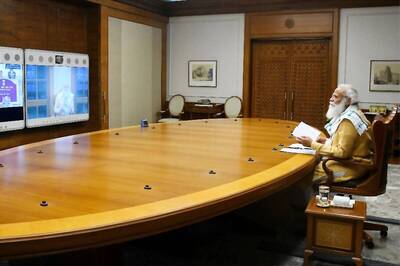
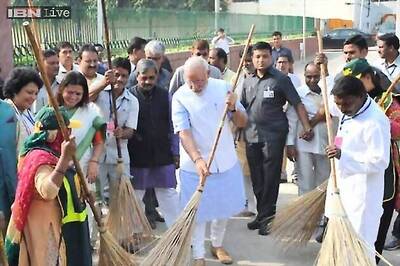

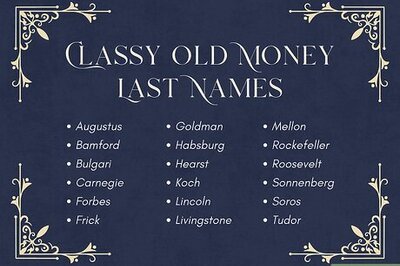

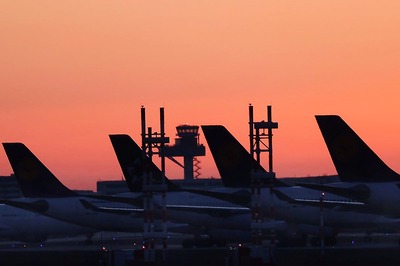
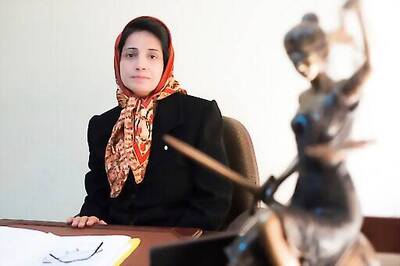



Comments
0 comment